There is a dense material called enamel around the crown of every tooth. Enamel helps protect your tooth from foreign substances, such as acid and sugar. So many things can affect that protective layer and result in enamel loss. Sugary beverages, soda, and many foods that you eat can damage the enamel and leave your tooth unprotected. What happens after enamel loss? Will it grow back? The answer will definitely help you understand that tooth enamel is certainly a precious substance.
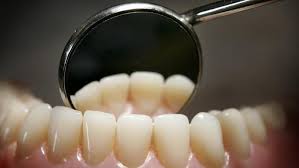
Does Enamel Grow Back?
You can certainly take several steps to strengthen and protect tooth enamel, and you have to do whatever you can to protect this mineral because it does not grow back. If it is eroded, it is gone. There is no turning back then. Even if there is a chip or crack, the loss is permanent. While tooth enamel is hard enough to sustain a lot of damage, it has its limitations and will eventually erode because of you making wrong food choices.
There is no body tissue harder than tooth enamel, but the issue is that it is not living tissue. That is the reason why it is not going to grow back naturally or artificially for that matter. While you cannot do anything to help regenerate that protective layer, you can try certain products to help re-mineralize your teeth. Certain toothpastes with fluoride can help push phosphates and calcium back into your teeth and make that enamel hard again.
What Causes Enamel Loss?
Acid is the biggest cause of tooth enamel loss. It eats away at tooth and leads to erosion. Without that protective layer, your tooth will be exposed to all sorts of infections and other complications. The food you eat produces acid in your mouth. There are many other contributing factors as well, such as acid reflux, dry mouth, low-salivary flow, GI tract issues, genetics, taking acidic medicines, and grinding of the teeth.
How to Strengthen Your Enamel and Prevent Its Loss
Does enamel grow back? No. Therefore, it is important to take preventive measures and ensure that you do not lose that protective layer in the first place. Here are some steps to take:
1. Try Sugar-Free Gum
 Chewing helps increase the production of saliva in your mouth, which in turn provides your teeth with additional phosphate and calcium. It also helps neutralize acids in your mouth. Some studies have also shown that chewing sugarless gum for 20 minutes right after every meal significantly lowers your risk of having tooth decay. You can find sugar-free gum with some ingredients to mineralize your teeth.
Chewing helps increase the production of saliva in your mouth, which in turn provides your teeth with additional phosphate and calcium. It also helps neutralize acids in your mouth. Some studies have also shown that chewing sugarless gum for 20 minutes right after every meal significantly lowers your risk of having tooth decay. You can find sugar-free gum with some ingredients to mineralize your teeth.
2. Limit Your Intake of Sugar and Starch
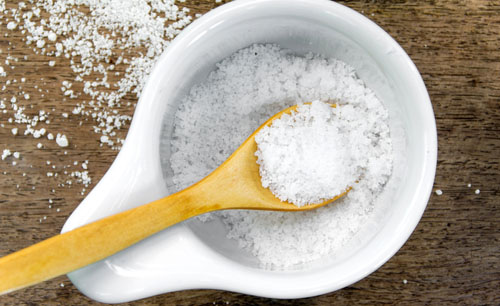 You should limit your intake of ice cream, milk, soda, sugar, honey, cake, dried fruit, dry cereal, hard candy, cookies, chip, and anything that may cling to your teeth for a long time. These foods can promote tooth decay because they trigger the growth of bacteria that feed on tooth enamel. These bacteria also produce acid that can cause sensitivity, discoloration, and weakness in your enamel.
You should limit your intake of ice cream, milk, soda, sugar, honey, cake, dried fruit, dry cereal, hard candy, cookies, chip, and anything that may cling to your teeth for a long time. These foods can promote tooth decay because they trigger the growth of bacteria that feed on tooth enamel. These bacteria also produce acid that can cause sensitivity, discoloration, and weakness in your enamel.
3. Learn to Brush Your Teeth Properly
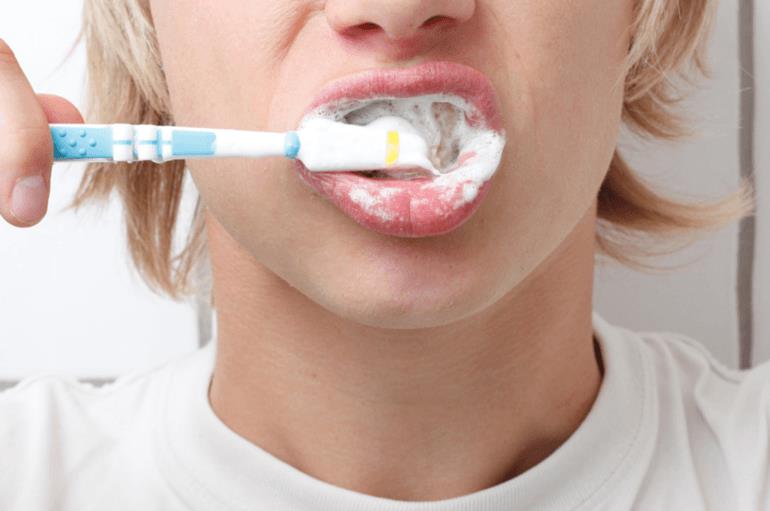 Does enamel grow back? No, but you can take steps to strengthen it and prevent damage. You should be brushing your teeth twice a day and probably after you eat certain foods that can damage your enamel. Be sure to use a soft-bristled brush and use it properly. It should be at a 45-degree angle to your gums. Be sure to make tooth-wide motions – you have to move back-and-forth. You should tilt the brush vertically to clean the inside surfaces of your front teeth. Do not forget to clean your tongue as well. Regular flossing is also important for the overall health of your teeth and gums. Just do not floss or brush too hard because it can damage tooth enamel.
Does enamel grow back? No, but you can take steps to strengthen it and prevent damage. You should be brushing your teeth twice a day and probably after you eat certain foods that can damage your enamel. Be sure to use a soft-bristled brush and use it properly. It should be at a 45-degree angle to your gums. Be sure to make tooth-wide motions – you have to move back-and-forth. You should tilt the brush vertically to clean the inside surfaces of your front teeth. Do not forget to clean your tongue as well. Regular flossing is also important for the overall health of your teeth and gums. Just do not floss or brush too hard because it can damage tooth enamel.
 4. Deal with Gastrointestinal Issues
4. Deal with Gastrointestinal Issues
Many people do not realize that there is a direct connection between the health of your teeth and the processes taking place inside your body. People with severe heartburn may have to deal with oral problems. That stomach acid can move up and cause serious damage to your teeth. It can also damage tooth enamel over time.
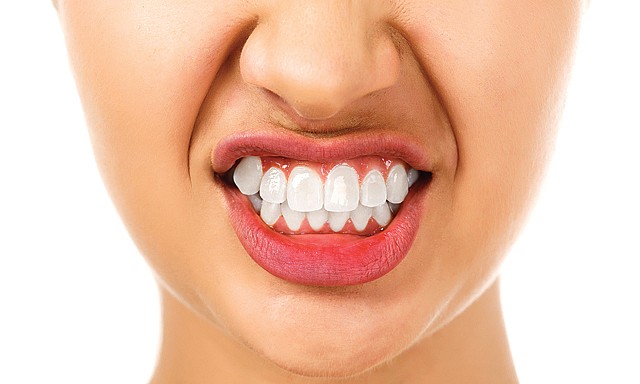 5. Stop Grinding Teeth
5. Stop Grinding Teeth
Bruxism or teeth grinding is a condition that can hurt your tooth enamel in a big way. Clenching your teeth hard may also damage tooth enamel and leave your teeth exposed to acid and bacteria. You should consult with your dentist if you have a grinding habit.
6. Always Rinse Your Mouth after Eating

It is a good idea to rinse your mouth a couple of times after eating. You should not brush your teeth immediately after eating because this would spread the acid around your mouth. However, washing out your mouth after eating is something you can do to get rid of acid and food particles.
7. Include Dairy Products in Your Diet

Dairy products are important because they provide you with calcium. It is also a good idea to increase your intake of dairy products because they can create a film over your teeth and help protect your enamel from acid and bacteria.
8. Include Tea in Your Diet

Does enamel grow back? No but there're ways to prevent the damage like drinking tea. There are many benefits of drinking tea, both green and black tea. It includes antioxidants that are good for your overall health. Moreover, it prevents tooth erosion because it has a high pH level and neutralizes acid in your mouth.
9. Have Your Teeth Checked Regularly
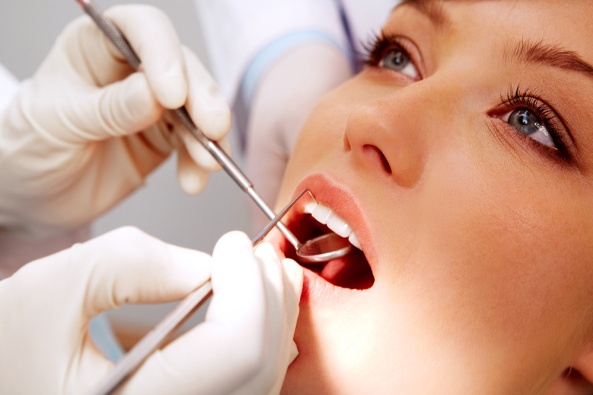
Regular dental checkups help identify certain issues in their earlier stages, and this makes it easier to deal with them. You have to be proactive with your dental hygiene and schedule regular dental checkups to ensure your teeth are healthy. You can also ask your dentist about different ways you can use to strengthen tooth enamel and prevent tooth erosion.
